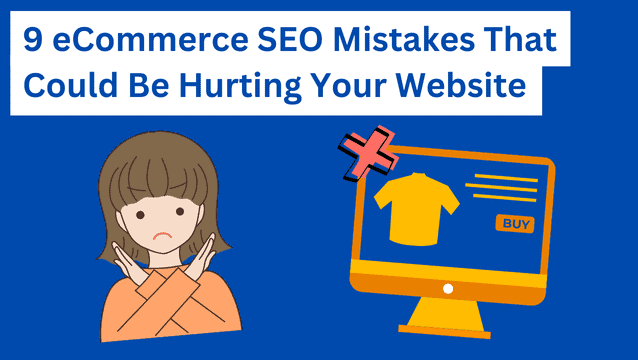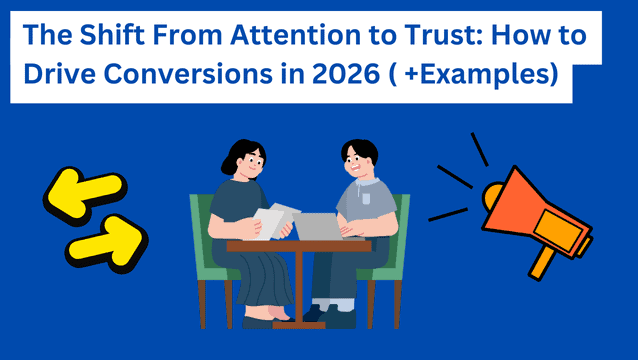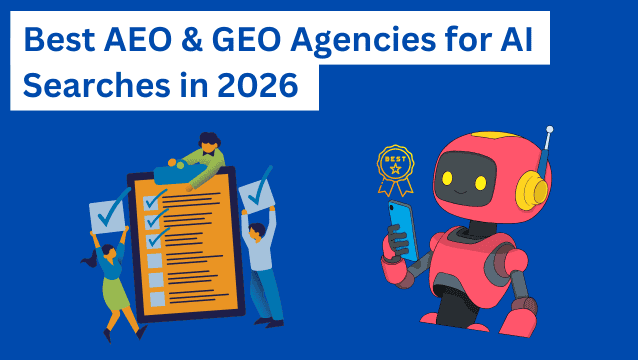Google is getting tough on AI-generated content, adding `generative AI` to its recently updated Search Quality Raters guidelines 14 times, defining what is acceptable and what is not.
Google adds generative AI to guidlines
Last week, Google updated its Search Quality Raters guidelines, confirming what it considers as low-quality content, scaled content abuse, and AI-generated spam. Now, Google has added `generative AI` to those guidelines.
Barry Schwartz from Search Engine RoundTable reported this, saying Adomas Šulcas, a founder of Growth Bite, spotted the update and posted it on LinkedIn.
Šulcas said in his post:
- “Google recently updated the Search Quality Rater Guidelines and included a few major changes, mostly in the domain of Generative AI. There’s a total of 14 entries for “Generative AI” in the PDF (find the link in the comments). Outside of the singular definition, most mentions are negative. Most of them are warnings that generative AI is being used for scaled content abuse or for paraphrasing.”
Google defines “generative AI”
Google’s Search Quality Raters guidelines say you can use AI to generate content; however, now, Google defines what you can and cannot use it for.
Google wrote in its updated guidelines, (“Generative AI can be a helpful tool for content creation, but like any tool, it can also be misused.”) What content creators need to know now is what Google means by the term “misused.”
Here’s how Google defines generative AI:
- “Generative AI is a type of machine learning (ML) model that can take what it has learned from the examples it has been provided to create new content, such as text, images, music, and code. Different tools leverage these models to create generative AI content. Generative AI can be a helpful tool for content creation, but like any tool, it can also be misused.”
So, while AI-generated content is allowed, Google now mentions the term “generative AI” 14 times in its refreshed Search Quality Raters guidelines, leaving no room for confusion.
Google crosshairs scaled content abuse
Google’s Search Quality Raters guideline PDF has 181 pages; generative AI concerning scaled content abuse appears on page 55, where Google wrote:
- “The contents of the page show it is created with generative AI with likely no original content and provides no value to users.”
Here’s a screenshot of the page; on the right, you can see how Google ranks the “page quality” (PQ) from highest to lowest; generative AI and scaled content couldn’t rank any lower.
Google then explains how generative AI can lead to content abuse:
- “Examples of scaled content abuse include: Using automated tools (generative AI or otherwise) as a low-effort way to produce many pages that add little-to-no value for website visitors as compared to other pages on the web on the same topic.”
Adding:
- “Pages and websites made up of content created at scale with no original content or added value for users, should be rated Lowest, no matter how they are created. Even if you are unsure of the method of creation, e.g., whether or not the page is created using generative AI tools, you should still use the Lowest rating when you strongly suspect scaled content abuse after looking at several pages on the website.”
What it means
While Google has previously mentioned using AI to create content in its Search Quality Raters guidelines, the recent addition clarifies what “generative AI” is and confirms that if you misuse it, your website’s quality will most likely be rated “Lowest.”


